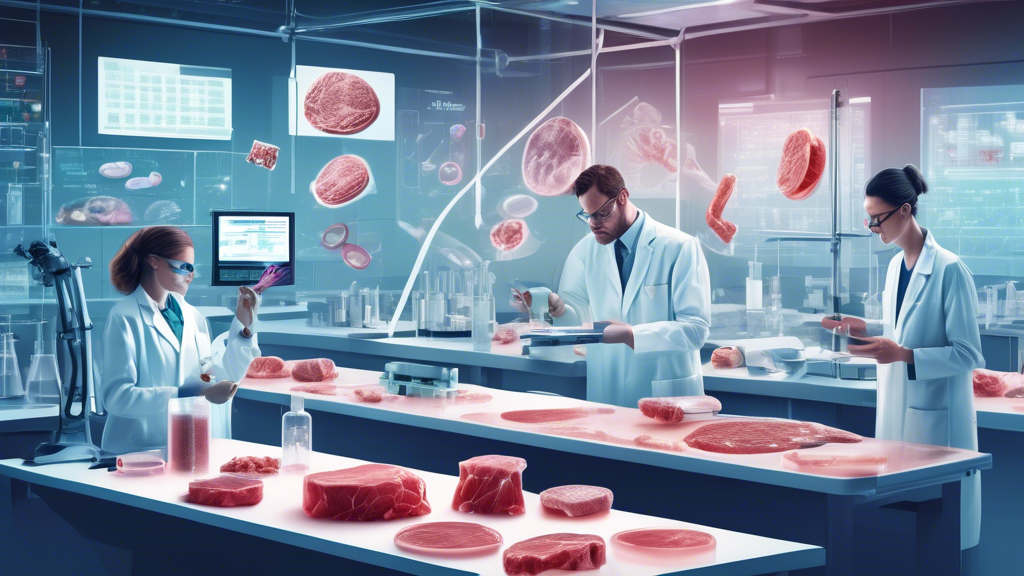
The Spectator P.M. Episode 83: Lab-Grown Meat Demonstrates Its Failure as an Experiment
In the latest episode of The Spectator P.M., host Fraser Nelson tackles the contentious topic of lab-grown meat, questioning the viability of this innovation amid significant production challenges and environmental concerns. Episode 83, titled Lab-Grown Meat Proves to Be a Failed Experiment, presents a critical perspective on the much-hyped alternative to traditional meat.
Environmental Impacts
Initial expectations touted lab-grown meat as a sustainable solution to the environmental costs of animal farming. However, recent research from the University of California, Davis, paints a different picture. The study reveals that current production methods for lab-grown meat might have a global warming potential that is four to 25 times greater than that of conventional beef. This alarming finding is primarily attributed to the reliance on highly refined growth media, raising questions about the true ecological footprint of lab-grown alternatives.
Production Challenges
The shift from pharmaceutical-grade to food-grade ingredients poses one of the most significant hurdles in the lab-grown meat industry. This transition is pivotal not only for enhancing environmental sustainability but also for reducing costs. As the technology stands today, the complexity and expense of production methods hinder the scalability of lab-grown meat, causing industry stakeholders to rethink its practicality.
Cultural and Traditional Concerns
Beyond ecological implications, lab-grown meat faces cultural scrutiny. Many people associate meat consumption with deep-rooted traditions and agricultural practices that could be compromised by the rise of lab-grown products. Critics argue that these alternatives feel unnatural, which could result in consumer pushback against what they perceive as an affront to cultural norms surrounding food.
Economic and Political Factors
The economic landscape surrounding lab-grown meat is equally turbulent. The livestock industry, threatened by the emergence of alternative protein sources, elicits political resistance. Legislators have voiced concerns about the implications for traditional agricultural livelihoods, leading to measures that may impede the development and adoption of lab-grown meat technology. Protecting established agricultural interests often takes precedence over fostering innovation, creating a challenging environment for advocates of lab-grown products.
Future Potential
Despite the current challenges facing lab-grown meat, experts maintain that there is potential for advancement. Ongoing research focuses on developing more efficient and sustainable production methods that utilize food-grade ingredients. If successful, these innovations could position lab-grown meat as a more viable and environmentally friendly option moving forward.
Media and Public Perception
The media’s portrayal of lab-grown meat adds another layer to the discussion. Coverage tends to emphasize the benefits—environmental, health, and animal welfare—while often downplaying the risks and challenges. This trend may generate undue optimism about the technology’s readiness for widespread acceptance, leaving consumers unaware of the underlying complexities.
Conclusion
As reflected in episode 83 of The Spectator P.M., lab-grown meat’s future remains uncertain. While it promises to address some of the pressing concerns of conventional meat production, current practices and societal implications reveal significant barriers that must be addressed. Ongoing research and dialogue are essential in determining whether lab-grown meat can evolve from a failed experiment into a sustainable alternative that meets both ecological and cultural expectations.
